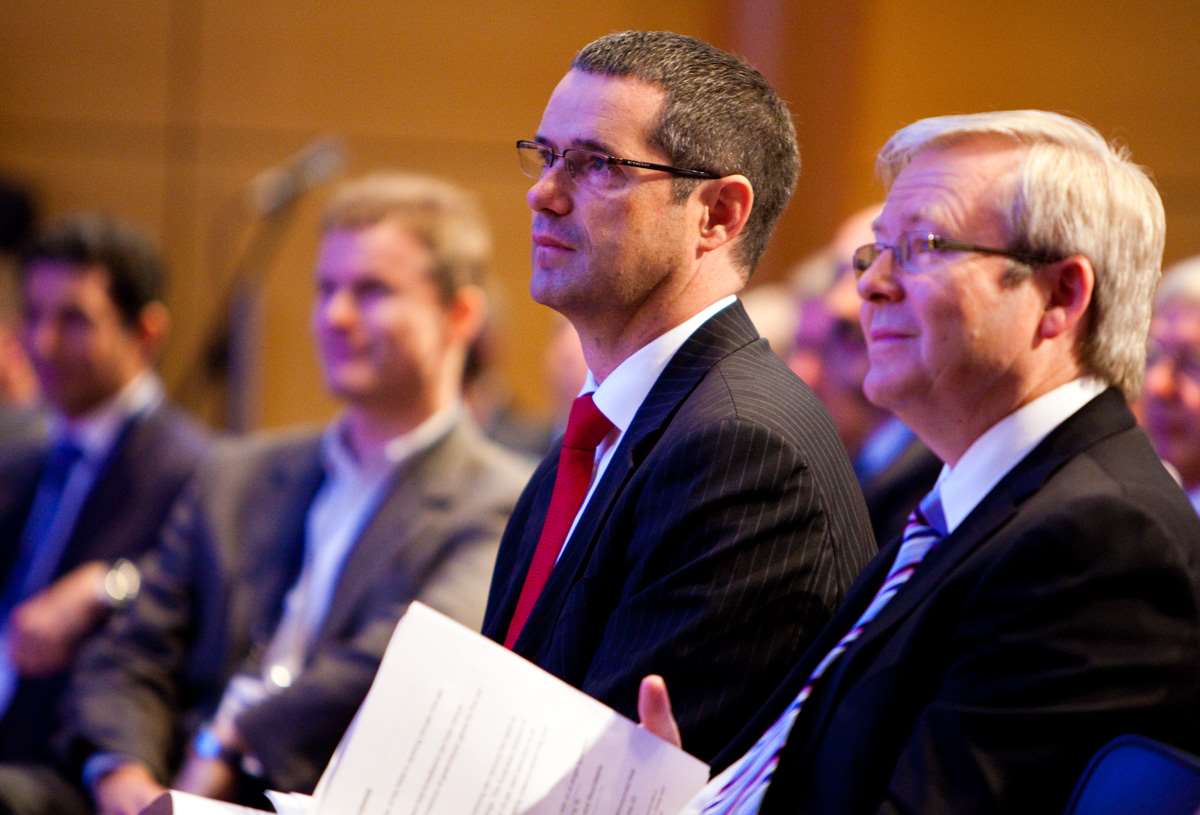Labor Senator and former communications minister Stephen Conroy called the National Broadband Network his “greatest contribution” in a 20-year politics career he quietly ended last night.
Conroy’s resignation from the Senate appeared to take even his colleagues by surprise; one reason for that might be because he didn’t read out his resignation but rather tabled it, meaning it appeared in Hansard hours later.
Conceived on the back of a napkin on a flight with then Prime Minister Kevin Rudd, according to folklore – Conroy has denied this ever occurred – the plan was to bring fibre-to-the-premises to 93 percent of the population.
However, the project was marred by slow progress and overly ambitious targets, and when Labor lost power, they also ceded control of the NBN and its architecture to the Coalition.
“There is nothing more fulfilling and no greater privilege than to be in Government and conceive, create and implement a strategy to deliver the economic and social opportunities that technology brings and reach all Australians wherever they live and whatever their backgrounds,” Conroy said in his resignation speech text.
“The National Broadband Network will remain my greatest contribution.”
Conroy is also likely to be remembered by many for other policy contributions in his former communications portfolio, which were left out of his resignation speech.
These include Conroy’s long pursuit of internet filtering and his public ridiculing of iiNet’s legal defence in the ISP’s initial wrangles with the film industry, which the service provider went on to win.
Conroy unveiled plans for a mandatory internet filter in May 2008 as part of Labor's $125.8 million Cybersafety Plan of the time, and conducted a live pilot in 2009.
The plan was met with fierce opposition from the industry as well as internet users; grassroots activists led a series of protests, while Government web properties were DDoS’ed in retaliation.
It also led to the dubious honour of being named ‘internet villain of the year’.
Mandatory filtering was put on ice in late 2010. It continued to simmer for several more years until Conroy formally axed the idea two years later.
Some aspects of filtering have since been revived by the Coalition, with laws passed that allow rights holders to apply to a court to have piracy sites blocked by ISPs.
Conroy also infamously ridiculed iiNet’s defence against piracy claims brought by the film industry as one that “belongs in a Yes Minister episode”.
He was accused by the Coalition opposition of the time of “prejudice [of] a matter before the Federal Court”, and did his industry standing few favours, delivering the comments as part of an address to the telecommunications sector.
Out of the policy box seat, Conroy would become known for his in-depth – and often fiery – Senate Estimates exchanges with NBN and its shareholder Ministers over the way the project was being altered.
Conroy acknowledged his at-times controversial policy role while in Government, and noted he often had few defenders.
“The internet has been a boon for communicating with family across the globe but it has its downsides too,” he said in his resignation speech.
“After a few years I had to ask my dad to please not use his name on blogs if he was going to vigorously participate in political debates online as his comments could be taken out of context and used against me in Parliament or by journalists.
“His paternal instinct was strong and he was always keen to correct the many inaccurate comments about me.
“At one stage when I was a Minister there was a particularly vigorous online debate about a policy I was advancing. The full force of the internet trolls was raining down and my staff were monitoring the commentary which was very unflattering.
“They came to me proudly to show me at least one person was defending me staunchly in the face of the abuse. The looks on their faces after they handed me the printed versions and I explained that Derek Green was actually my uncle and even worse he lived in England and could not vote for me, was priceless.
“Even from half way around the world the Conroy/Clements clan still loyally stick together”.
Conroy said that often the abuse would go too far.
“Coping with the coverage in the media, especially as the 24/7 media cycle has changed the nature of political discourse,” he said.
“Noting the glances and scowls as you walk down the street together. Explaining to my young daughter why people have shouted abuse at her Daddy in the street.”
Conroy said he planned to spend more time with his wife and daughter.









